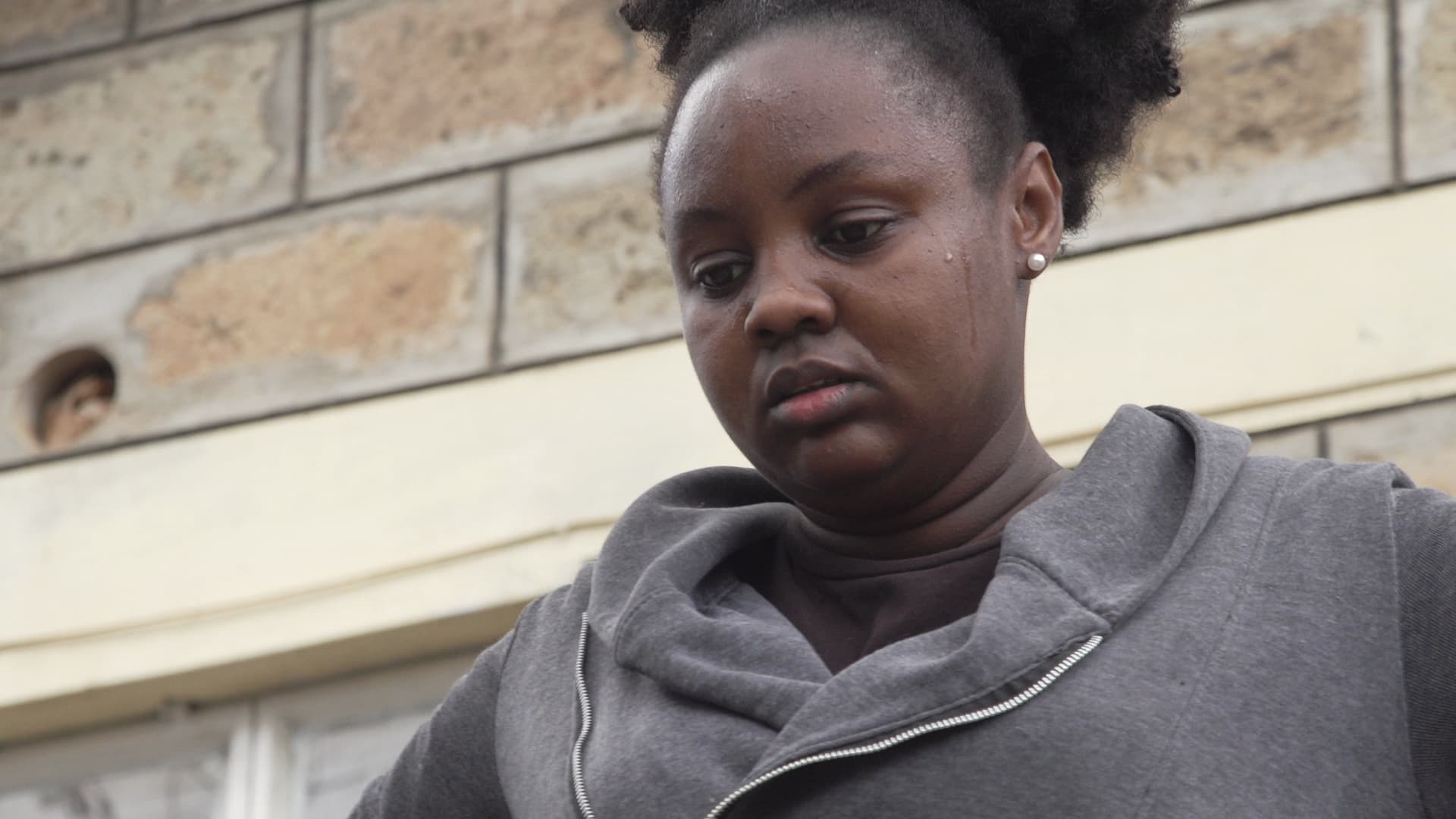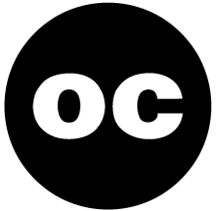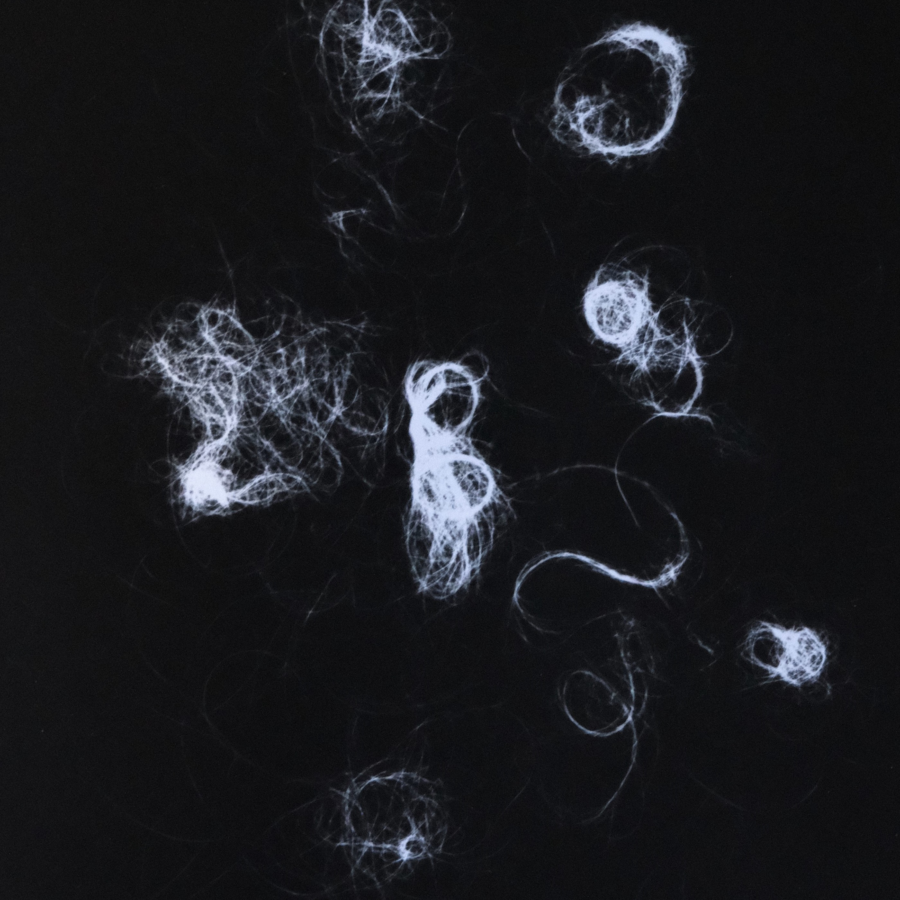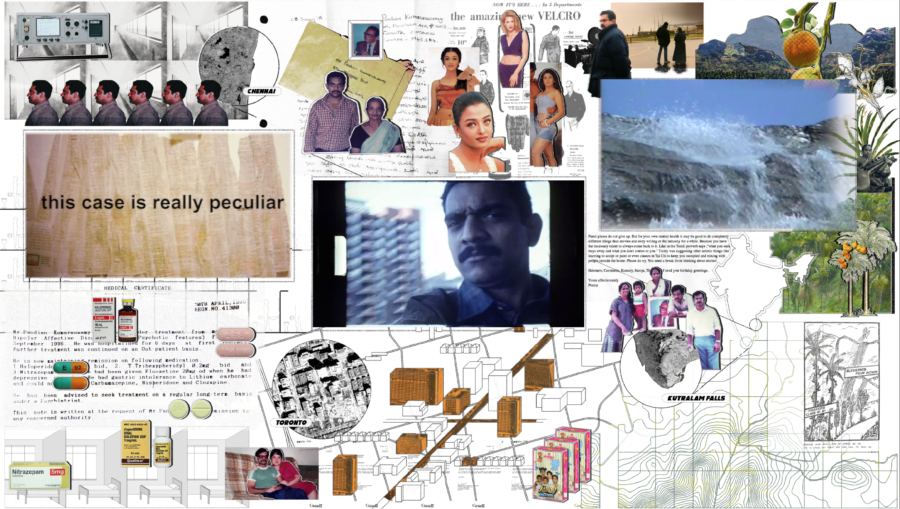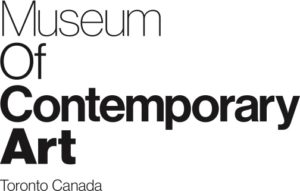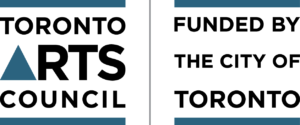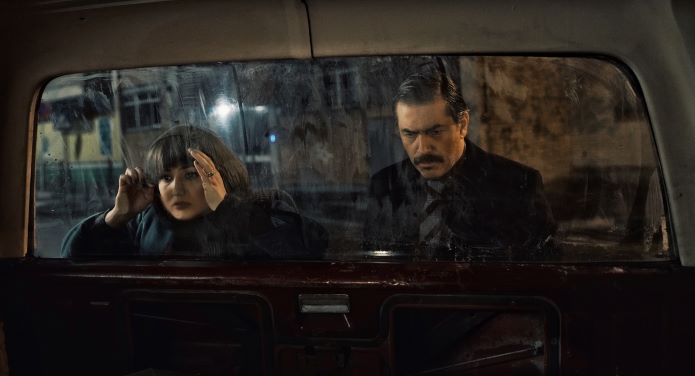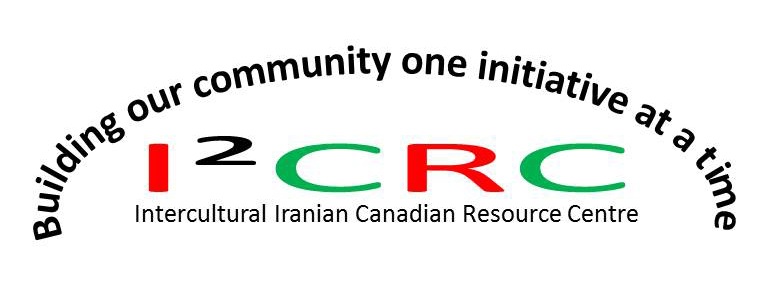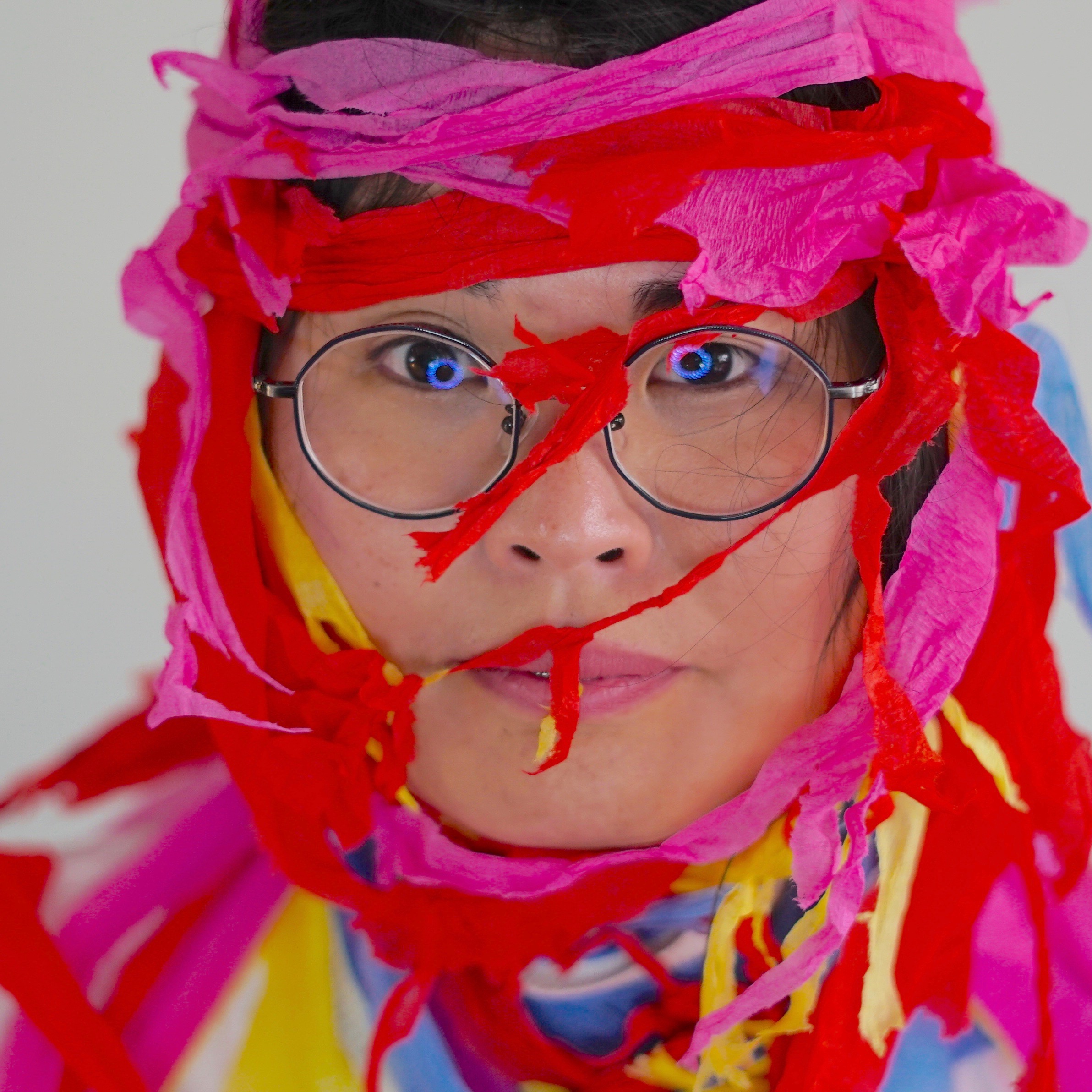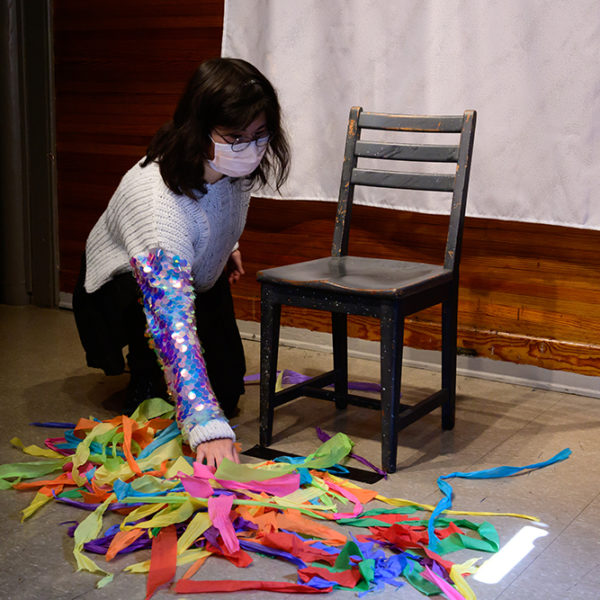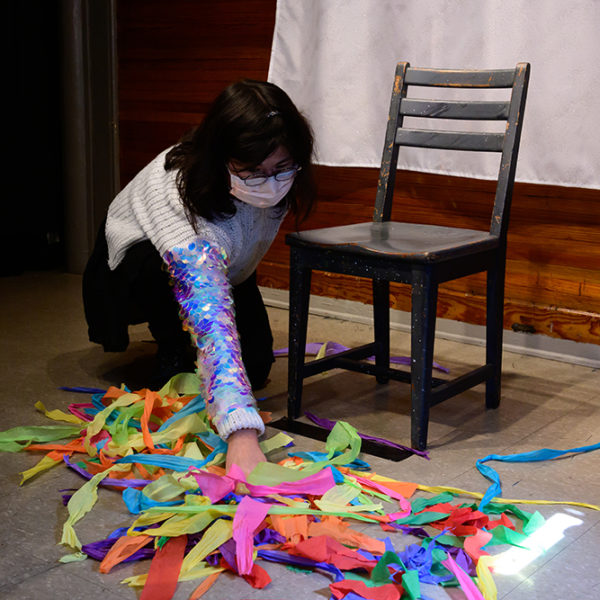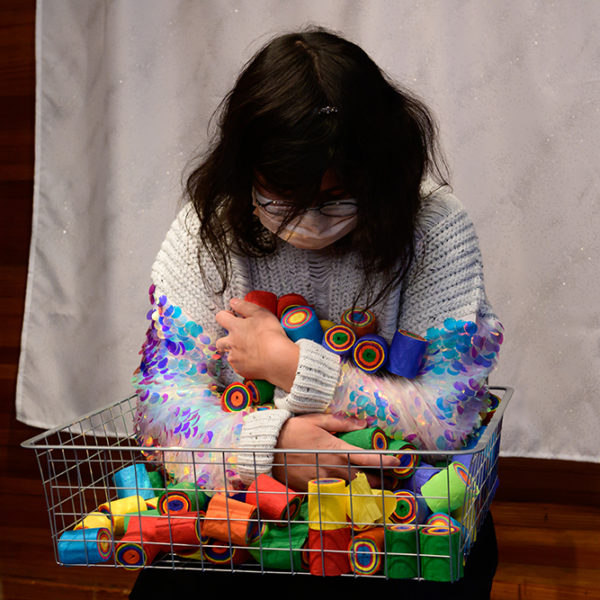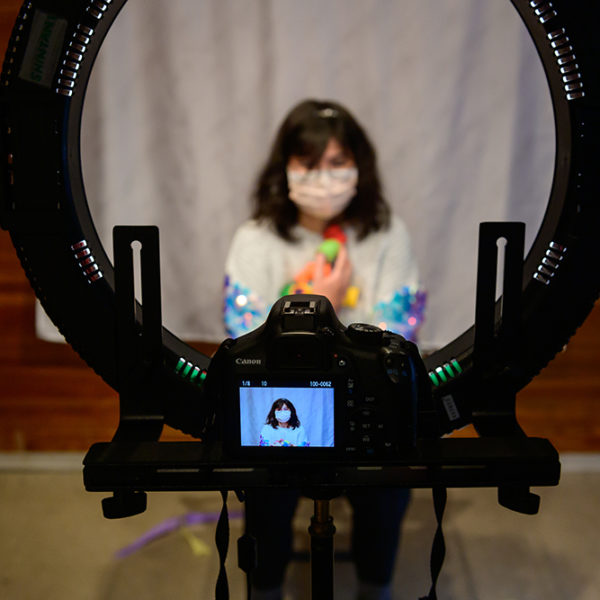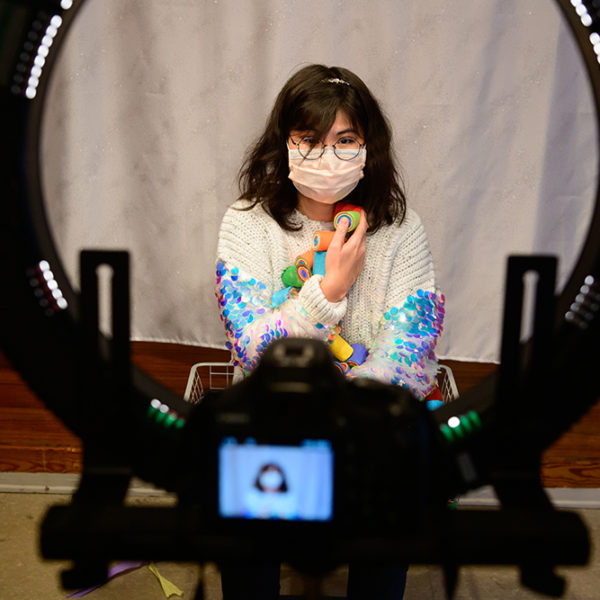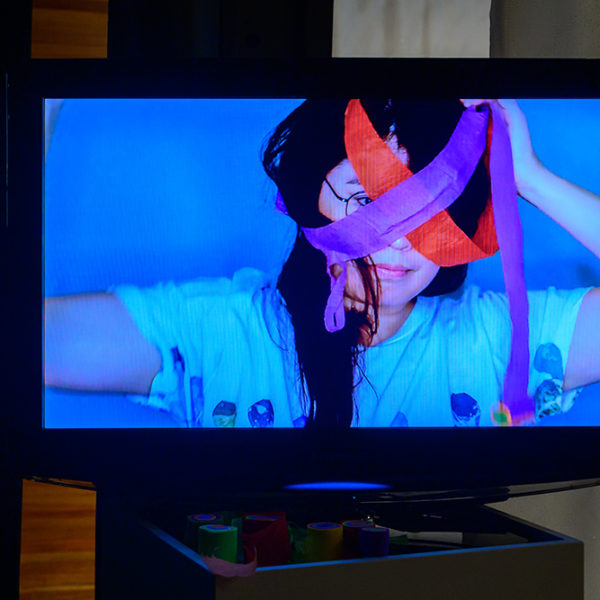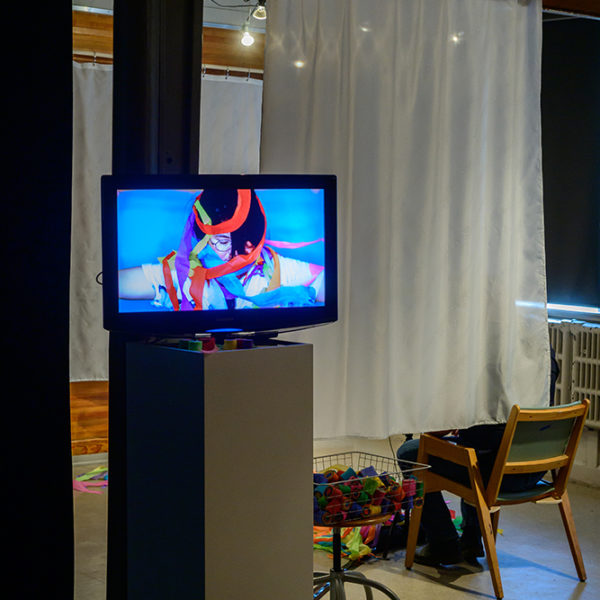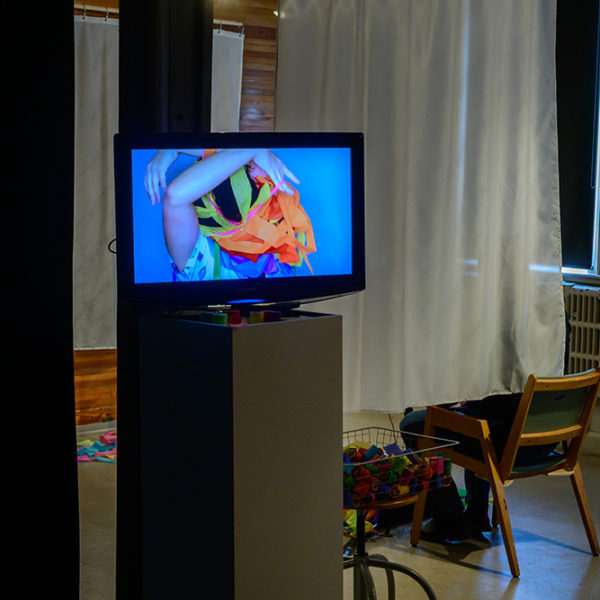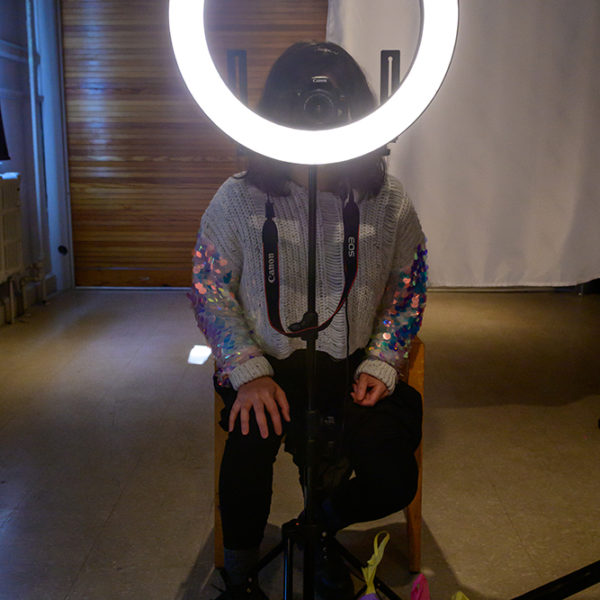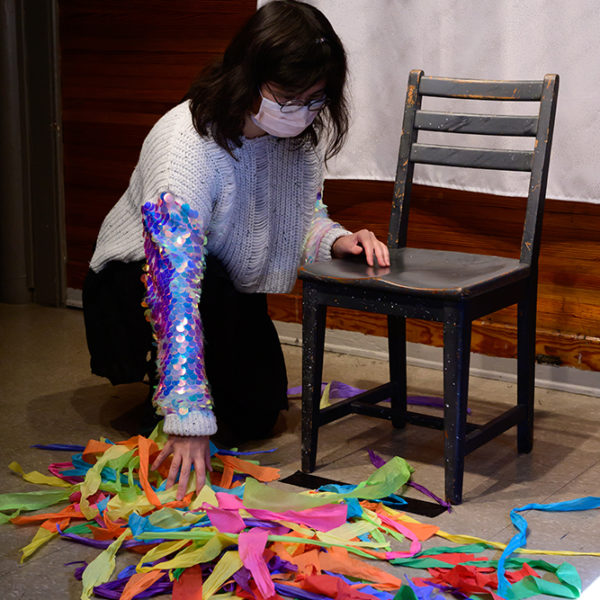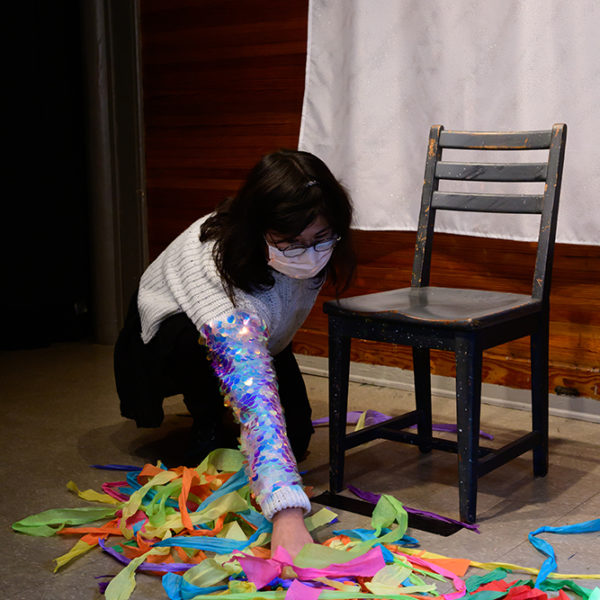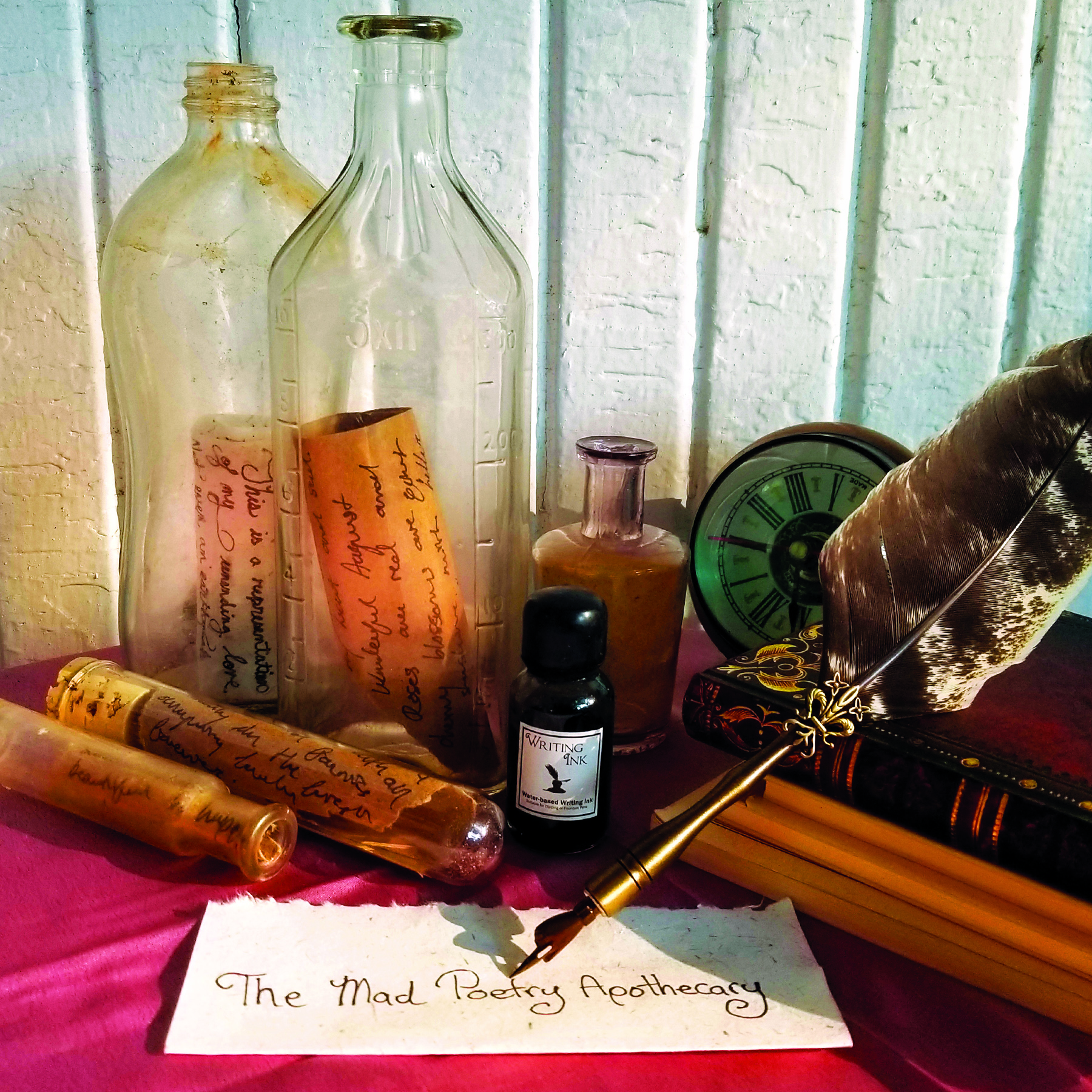a note from Oliver Jane, Creator of Jo Don’t Go There
Sometimes the “show must not go on” and that’s ok.
When I made the decision to not move forward with my piece Jo Don’t Go There in Rendezvous with Madness 2020, I was encouraged by my friend and contact at Workman Arts to write a short reflection for all of you in lieu of the show. Here you will find some rambling, musing, and reflecting. Thank you for taking a brief moment to reflect with me.
When I agreed to move forward with the project several months ago, I was excited by the challenge of transferring my live performance pieces to video web content. Unfortunately, I found that meeting the demands of a precarious/always changing pandemic environment made completing the project difficult. I am an artist that lives with chronic pain, Rheumatoid Arthritis, PTSD symptoms, and OCD symptoms. The greatest lesson I have learned from managing all of these is that I should not go beyond my limits. Unfortunately, working in solo-isolation and not having funding to adequately compensate others to do the much-needed-tasks to make this project show-ready was bringing me close to my limits.
Since I made the choice to pause the show, the phrase “the show must go on” has been echoing through my mind. Upon reflecting on the nagging presence of this phrase within my mind, I recall that I have, almost exclusively, operated within creative environments where that sentence is espoused. I have worked in so many creative environments where the expectation to see a show to its completion is demanded of artists, producers, and production teams: no matter the cost. My years training to be an artist and working professionally have been colored by watching many friends and colleagues sacrifice their physical and mental health to see work to its completion. For many years I have wondered if creative communities should let go of the phrase “the show much go on” and refrain from normalizing the practice of sacrificing physical and mental wellness amongst artists. What I have witnessed in theatre schools and amongst theatre makers has made me consciously attempt to avoid working myself beyond my limits so that I do not worsen my already-sometimes-very-challenging health.
So I say once again, to comfort myself and to encourage those who find themselves also facing projects, businesses, and plans that need to be put on pause, closed, or canceled as a result of the pandemic: “the show must not go on” and that’s ok.
I’d like to offer gratitude to the team who has assisted me during this process. Though the show will not be viewed in this festival, I am continuing the reflect on and develop the body of work I have made thus far. I feel I must offer my deep gratitude to all those who gave me their time and talents.
- I am grateful for the opportunity to collaborate with my older brother, a very skilled video editor, who has been a cherished peer, mentor, and teacher (of art and life) for these last several months.
- I am grateful to the handful of talented musician friends who were willing to do some work on this project for free, for very low fees, or for barter.
- I am grateful to Workman Arts for supporting me as I adjusted the show to the changes brought about by the pandemic. This is my second experience working with Workman Arts, and I cannot emphasize enough how much I appreciate the work Kelly, Scott, Cara, Paulina, and the rest of the team working behind the scenes at Workman Arts do to make this really special festival happen. And during a pandemic, no less!
- Finally, I am grateful for organizations like Workman Arts that are actively striving to foster greater diversity of representation within the Ontario and Toronto creative community. I hope you all will continue to support and patronize Workman Arts even after the festival has passed.
I hope you enjoy the rest of the festival, you remember to stay safe, you do what you can to support and aid the most vulnerable in our communities, you donate to groups and organizations that are trying to address the already existing racial and economic inequality within North America that has been exacerbated by the pandemic, and you all focus your energies on taking care of your immunity and your mental health while the world faces global crisis. I know I will!
I send love and gratitude to you all.
-Oliver Jane
